The Volkswagen Group is being forced to consider closing one of its famous German factories for the first time in its 87-year history.
Tensions have risen amid the competition with China’s fast-growing electric vehicle makers. Other countries fail to keep up as they become quickly priced out of the market.
Protection Methods

Amid issues with competition in the Chinese market, Volkswagen has been forced to consider reducing costs to save the company in the long term.
Some of the considerations include closing one of the biggest plants in Germany as well as trying to end an employment protection agreement with several labor unions, which have been in place since 1994.
Volkswagen CEO Makes a Statement
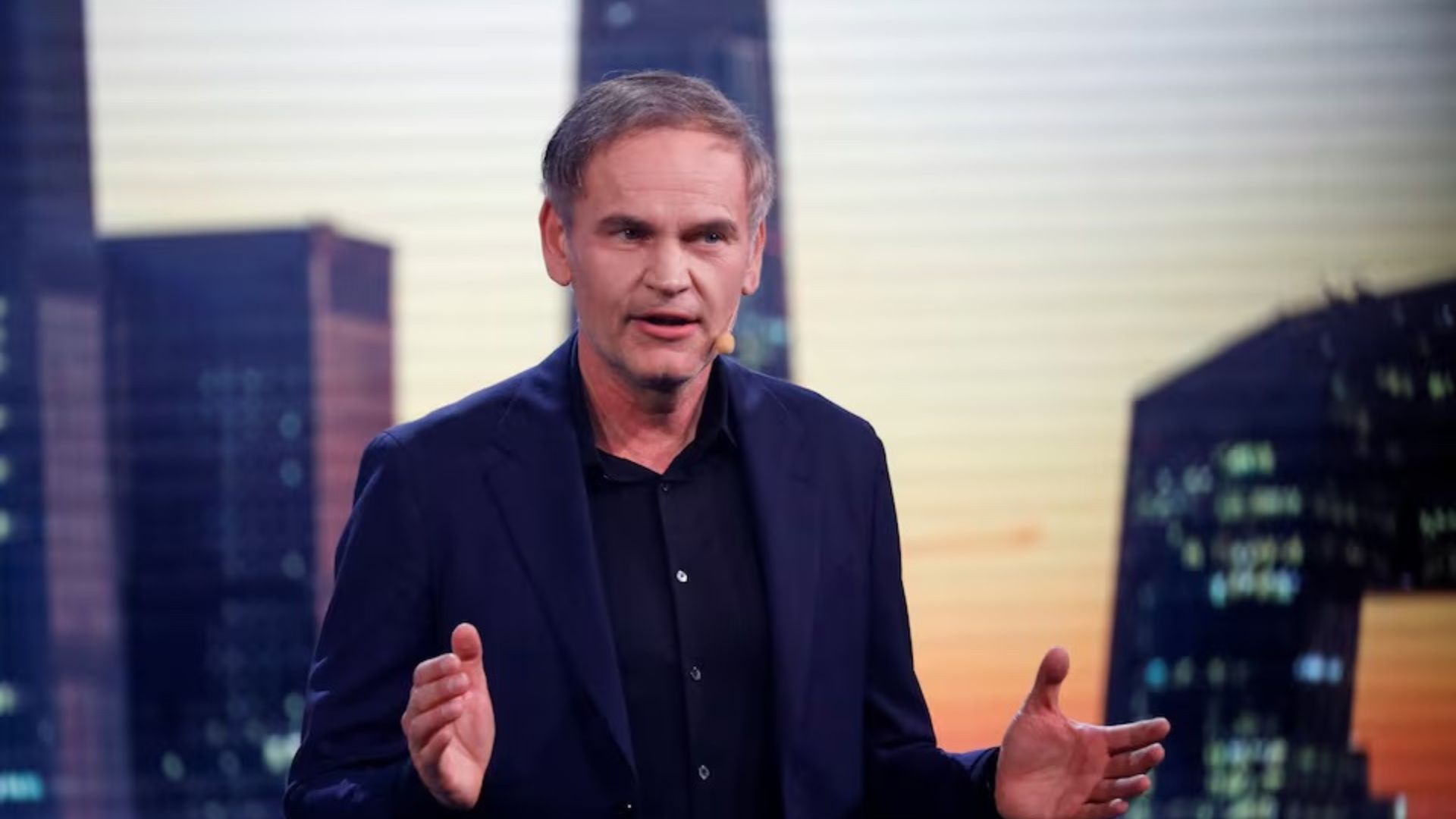
Volkswagen Group CEO Oliver Blume said, “The European automotive industry is in a very demanding and serious situation.”
“The economic environment became even tougher, and new competitors are entering the European market. Germany in particular as a manufacturing location is falling further behind in terms of competitiveness.”
Cost-Cutting Efforts By the Company
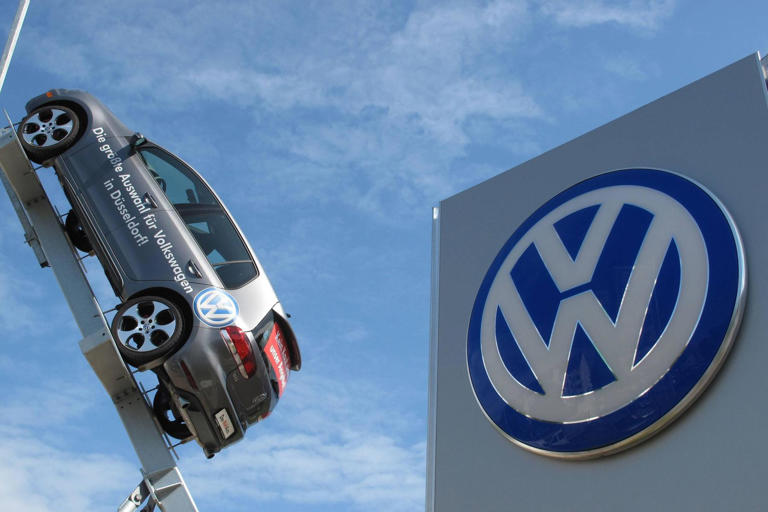
In the last year, Volkswagen embarked on a massive $11.1 billion cost-cutting effort as it lost a significant market share in China, its largest buyer.
In the first half of this year, deliveries and purchases to customers in China have dropped 7% on the same period as 2023. Profits have also fallen 11.4% to $11.2 billion.
Losing to Local Chinese Brands
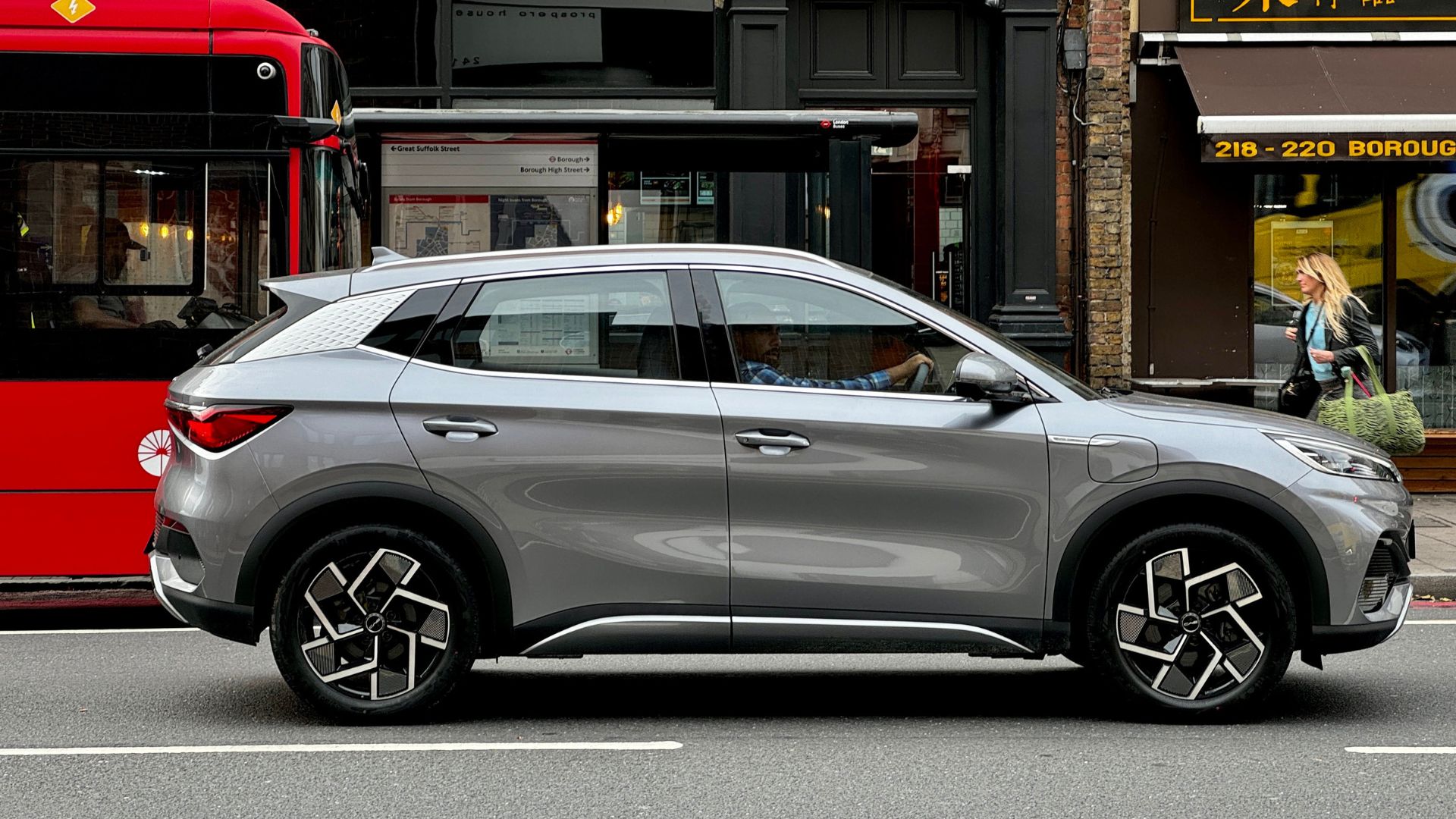
The reduction in performance in China is the result of local EV brands, most notably BYD, becoming more popular in the country, which poses a large threat to the business market in Europe.
“Our main area of action is cost cutting,” Blume told analysts on an earnings call last month, citing planned reductions to factory, supply chain and labor expenses. “We have done all the organizational steps needed. And now it is about costs, costs and costs,” he added.
Labor Representative Unhappy With Changes
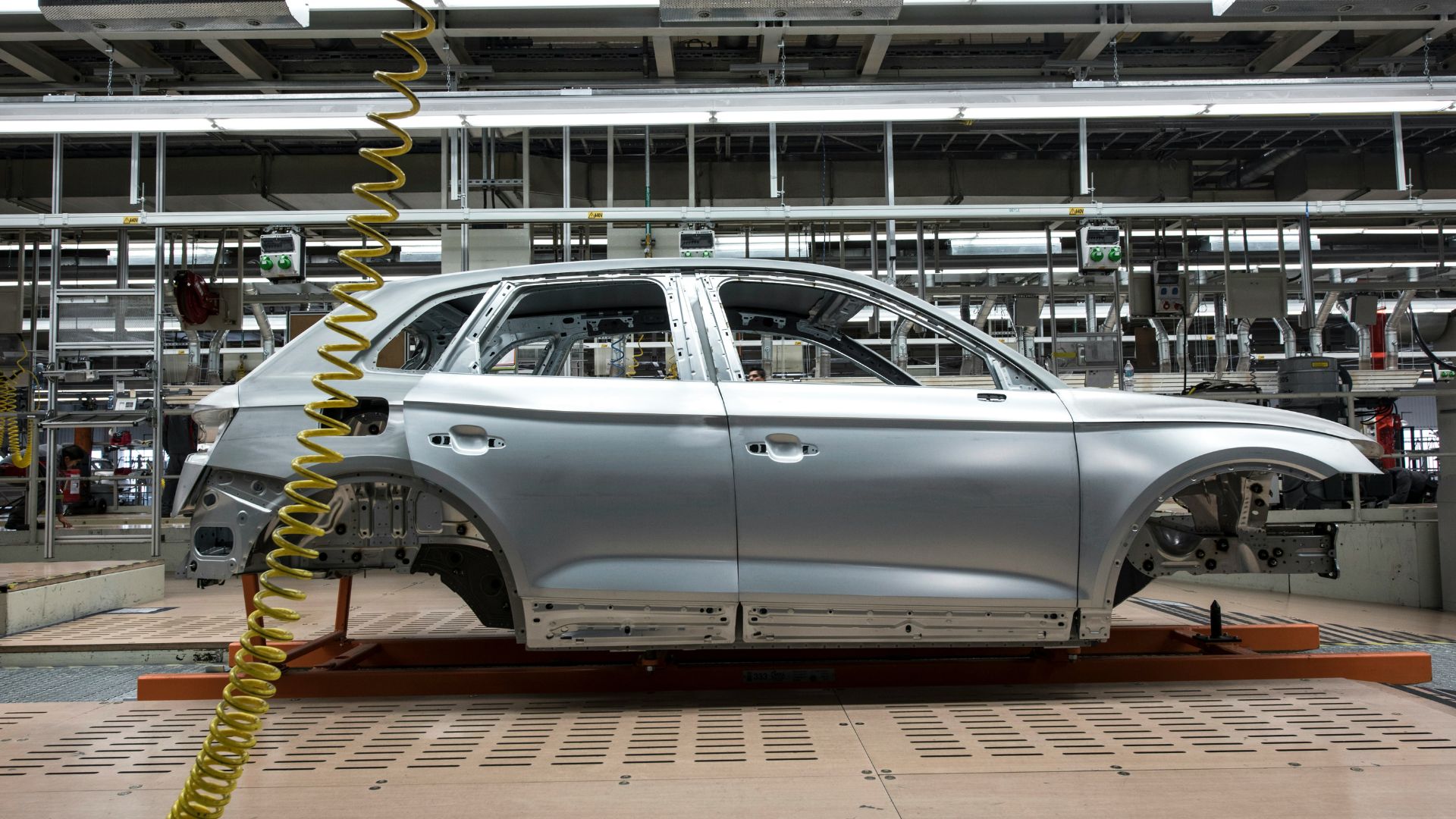
Labor groups and union representatives are unhappy with Volkswagen’s plans to implement changes to maintain ultra-high profits.
Currently, labor representatives hold almost half the seats on the company’s supervisory board, the body that appoints the executive managers.
Labor Unions Have Opinions
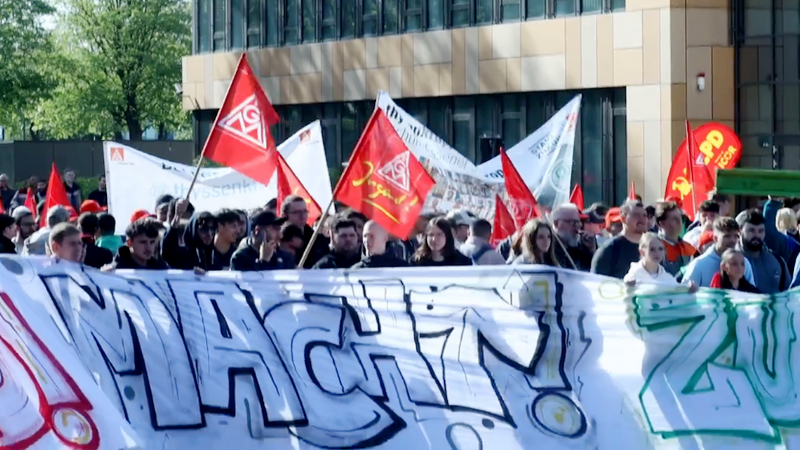
IG Metall, Germany’s most powerful union, blamed mismanagement of the company for the shortcomings and reduction in sales.
The union has also vowed to fight the company and protect jobs despite lackluster automotive sales.
Threats to Local Jobs in Germany
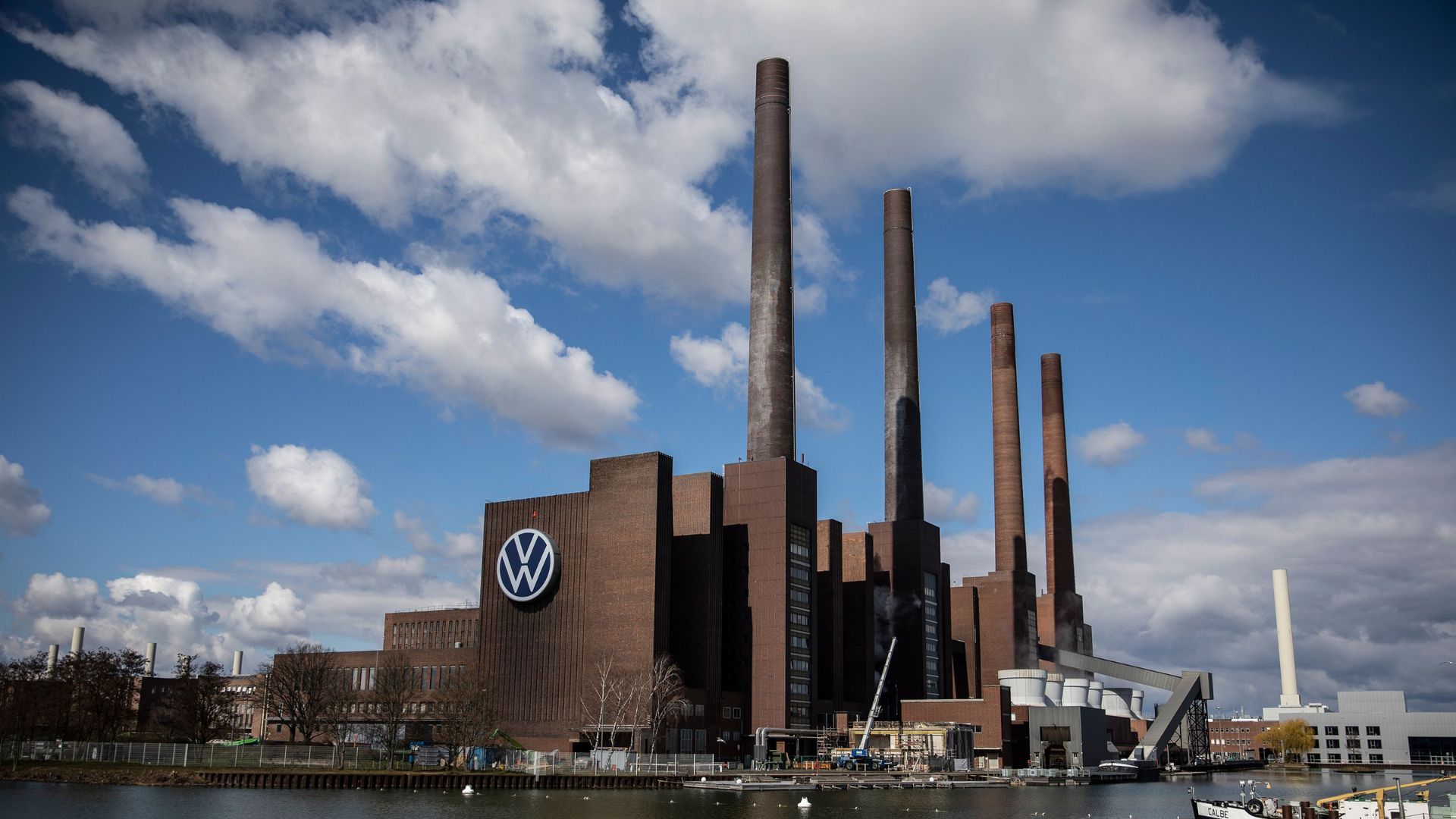
Thorsten Groeger, the IG Metall lead negotiator, said in a statement, “Today, the board presented an irresponsible plan that shakes the very foundations of Volkswagen, massively threatening jobs and locations.”
“This approach is not only short-sighted but also highly dangerous — it risks destroying the heart of Volkswagen… We will not tolerate plans that the company makes at the expense of the workforce.”
Volkswagen Employees
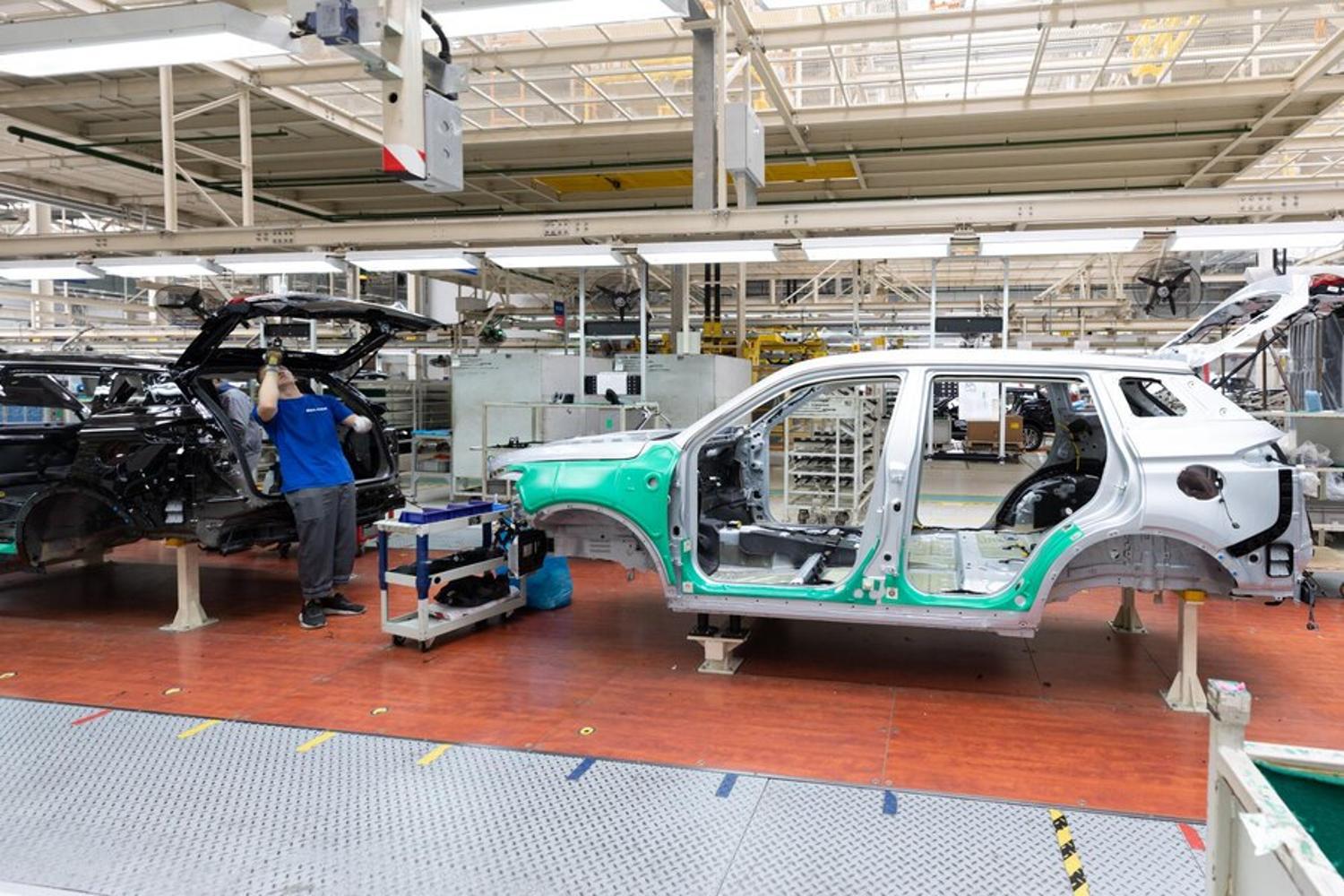
The super-popular German car maker currently employs almost 683,000 people worldwide, including roughly 295,000 in Germany.
It’s unknown how many individuals they plan on letting go to maintain company profits. However, the company has had strong relationships with unions for decades; this move could seriously hurt the brand’s public perception.
Other Car Companies Have Done the Same

In the United States, General Motors was also forced to lay off roughly 1,000 salaried employees worldwide in order to protect profits.
The move was a part of a comprehensive review of operations and the GM strategy to streamline processes and focus on high-impact investments. The cuts at GM were projected to achieve a $2 billion cost-saving goal.
Tense Situations in Europe
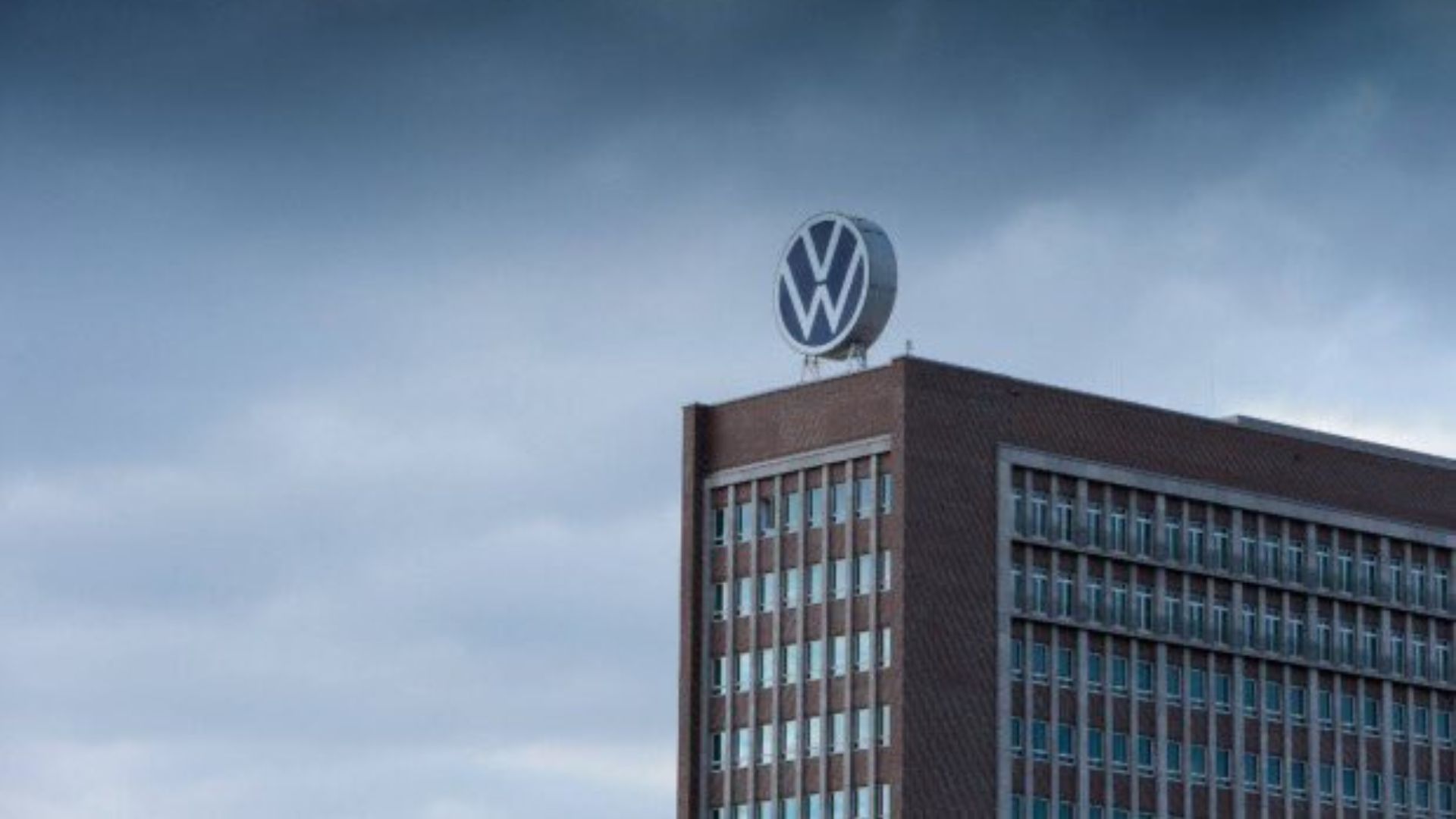
As the global market shifts to less expensive areas, the situation in Europe remains tense.
Thomas Schaefer, the CEO of Volkswagen passenger cars, noted that the company is committed to Germany as a “business location,” although it is still looking at “sustainably restructuring the brand.”
Global Changes for a Global Brand

Companies often go through painful restructuring processes in an effort to keep up with global demands and shifts in the market. However, labor unions and workers in Germany could feel unfairly displaced for the sake of large corporate profits.
“The situation is extremely tense and cannot be resolved through simple cost-cutting measures,” Volkswagen said.








































